5, March 2024
US Supreme Court rules Colorado cannot ban Trump from presidential ballot 0
The US Supreme Court has struck down efforts by individual states to disqualify Donald Trump from running for president using an anti-insurrection constitutional clause.
The unanimous ruling is specific to Colorado, but it also overrides challenges brought in other states.
Colorado had barred Mr Trump from its Republican primary, arguing he incited the 2021 Capitol riot.
The court ruled that only Congress, rather than the states, has that power.
The top court’s decision clears the way for Mr Trump to compete in the Colorado primary scheduled for Tuesday.
Mr Trump is the front-runner for the Republican nomination and looks likely to face a rematch with Democratic President Joe Biden in November’s general election.
On Monday, the ex-president immediately claimed victory following the ruling, taking to his Truth Social media platform to claim a “big win for America”. The message was followed by a fundraising email sent to supporters of his campaign.
Speaking from his estate in Mar-a-Lago, Florida, soon afterwards, he said that the decision was “very well crafted” and will “go a long way towards bringing our country together, which it needs”.
“You can’t take someone out of a race because an opponent would like it that way,” Mr Trump added.
Colorado’s Secretary of State, Jena Griswold, said that she was disappointed by the ruling and that “Colorado should be able to bar oath-breaking insurrections from our ballot”.
Additionally, the watchdog group that brought the case in Colorado, Citizens for Responsibility and Ethics in Washington (Crew), said in a statement that while the court “failed to meet the moment”, it is “still a win for democracy: Trump will go down in history as an insurrectionist”.
Maine and Illinois had followed Colorado in kicking Mr Trump off the ballot on similar grounds.
The efforts in both those states were put on hold while his challenge to the Colorado ruling was escalated to the Supreme Court.
“We conclude that states may disqualify persons holding or attempting to hold state office,” the court’s opinion says. “But states have no power under the Constitution to enforce Sections 3 with respect to federal offices, especially the presidency.”
The nine justices ruled that only Congress can enforce the 14th Amendment’s provisions against federal officials and candidates.
Part of the Civil War-era amendment – Section 3 – bars federal, state and military officials who have “engaged in insurrection or rebellion” against the US from holding office again.
Groups including Free Speech For People had argued that the attempt to delay the peaceful transfer of power on 6 January 2021 matched the definition of insurrection outlined in the amendment.
One of the court’s justices, Amy Coney Barrett, wrote separately that the fact that all nine justices agreed on the outcome of the case is “the message that Americans should take home”.
Source: BBC


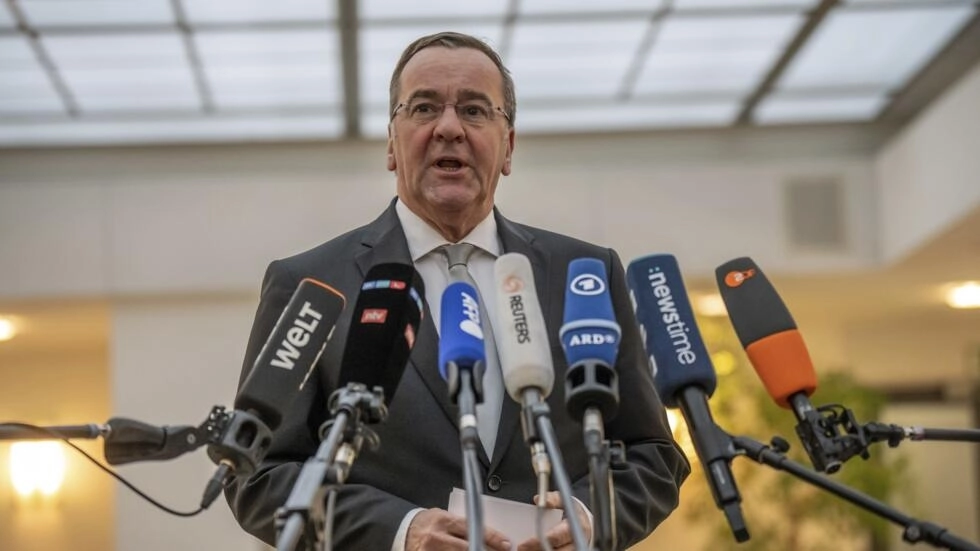

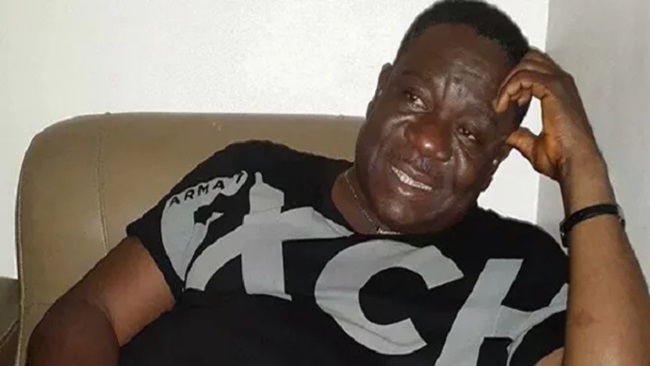

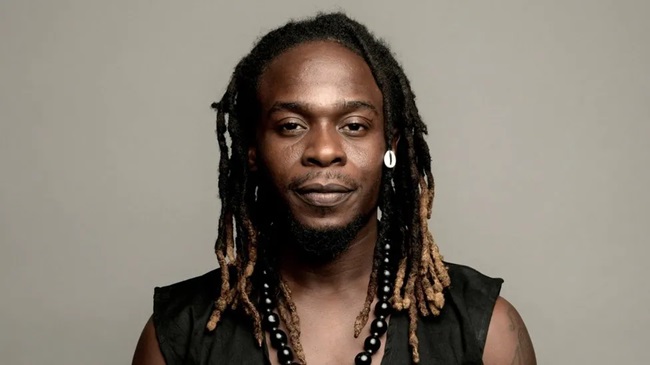
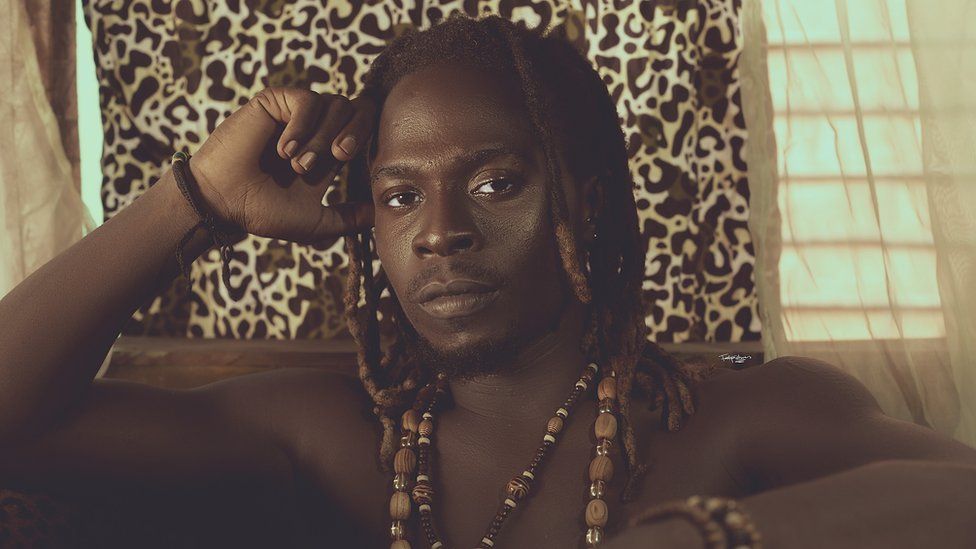

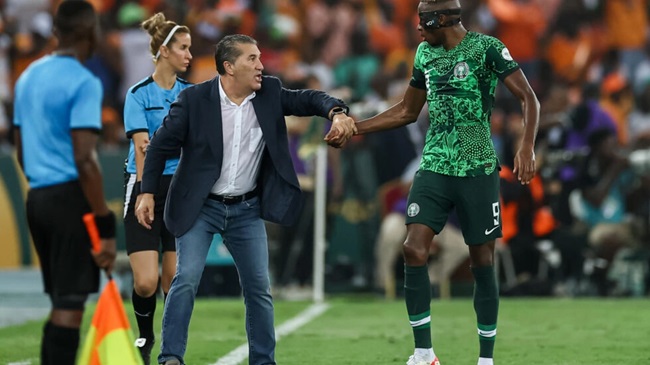

















5, March 2024
FECAFOOTgate: Samuel Eto’o facing a legal storm 0
During his address to the youth on February 11, 2024, the Head of State, Paul Biya, instructed the government to undertake a profound reform of football administration in Cameroon.
“I understand the importance you place on football. The state, in our difficult context, makes significant financial sacrifices in this regard. It is therefore entitled to demand better organization and better results. We will ensure this. The government, and particularly the Ministry of Sports, have received clear instructions on the matter,” declared the Cameroonian leader, himself a keen sportsman.
Promptly, hearings were conducted at the Prime Minister’s Office, involving even the president of the FECAFOOT, as part of government measures aimed at improving the management of resources allocated to football. The final report will be submitted to the president soon. Meanwhile, the Minister of Sports and Physical Education, Narcisse Kombi Mouelle, has chosen not to renew the contract of Rigobert Song and his coaching staff. Additionally, an investigation has been announced by the Special Criminal Court (TCS) into the management of FECAFOOT, particularly regarding the use of public funds.
At the time, whistleblower Boris Bertolt had specified the 2.7 billion FCFA. This investigation, reportedly entrusted to Commissioner Oko Petit Joël, will focus on the allocation of funds by the state to FECAFOOT, estimated at nearly 30 billion FCFA, as well as the use of the 2.7 billion FCFA intended for the World Cup in Qatar.
It is necessary to look back to the eve of the World Cup to understand the causes of this situation. Indeed, a few weeks before the start of the 2022 World Cup, a subsidy of 14 billion was requested by the Cameroonian football governing body for the participation of the Indomitable Lions in the tournament. However, this amount was deemed too exorbitant by state decision-makers, who decided to grant only 4.176 billion.
Additionally, it was agreed that FECAFOOT should cover roughly half, which is 2.732 billion FCFA. Lacking the necessary financial resources to pay this amount, the head of FECAFOOT turned to the Cameroonian public treasury to secure a loan under certain conditions. He had promised that Cameroon would reach the final of the World Cup and that repayment would be made with the prize money bonuses provided by FIFA. However, the use of the 2.7 billion FCFA has become problematic.
Source: Afriquesports